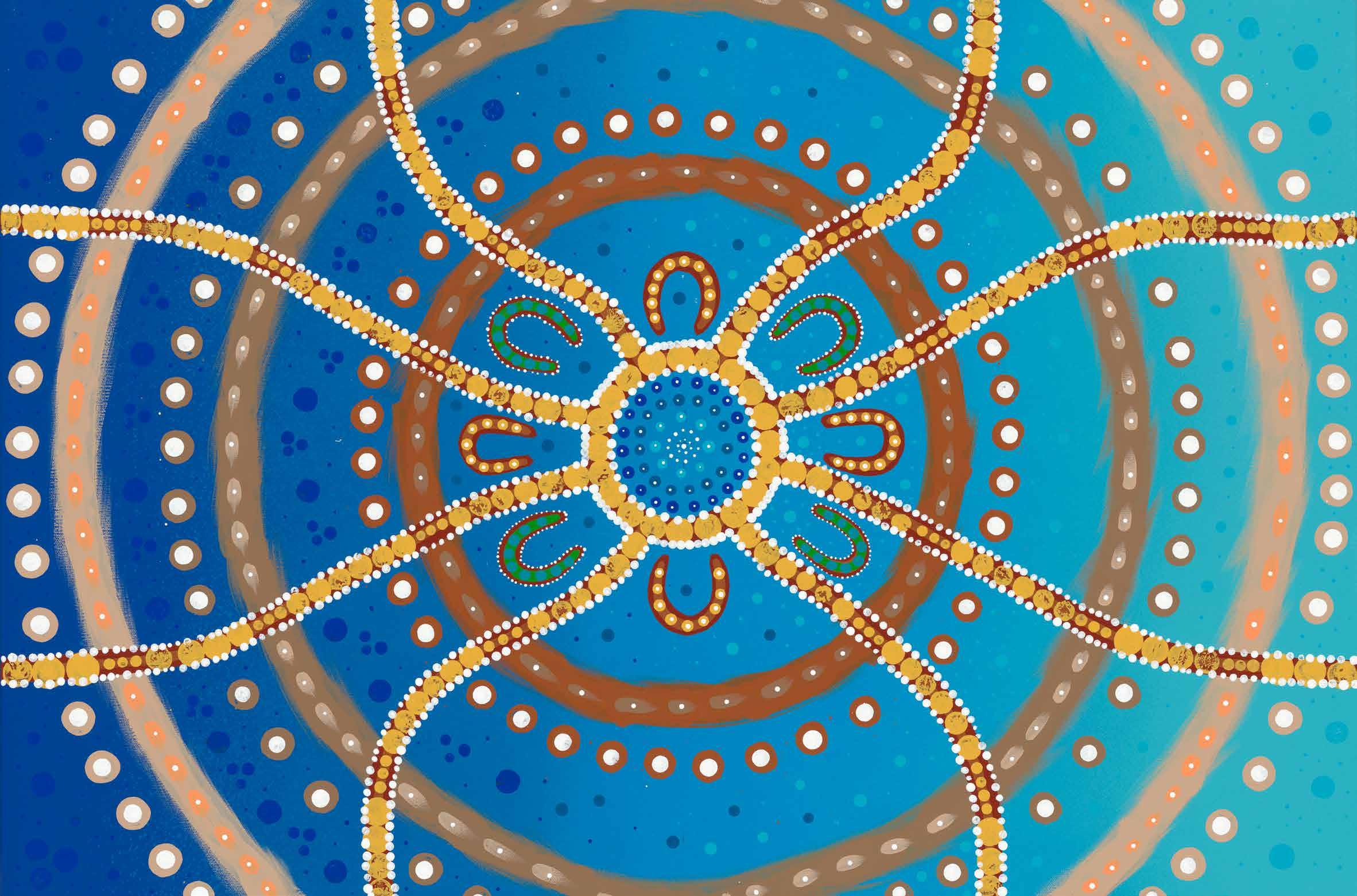
3 minute read
Our RAP
CSAPHN is committed to working together with Aboriginal and Torres Strait Islander communities, organisations and Aboriginal and Torres Strait Islander peoples to ensure a responsive, holistic and personcentred health system that contributes to closing the gap in health inequity.
A significant number of the Aboriginal and Torres Strait Islander population in South Australia resides within the CSAPHN service area.
Advertisement
Aboriginal and Torres Strait Islander peoples are an important part of the communities of country SA, each Aboriginal and Torres Strait Islander community enriched and enriching in different histories, cultures, languages and experiences that form part of our collective perspectives.
The exchange that occurs in terms of the learning and understanding of what health service needs and responses there are in our community, as well as what could be possible based on our context, contributes to effecting change in health outcomes and is key to a healthier country South Australia. CSAPHN started the journey of Reconciliation at its inception through some key activities and priorities and have been committed to working with Aboriginal and Torres Strait Islander communities for better health outcomes. For example, Acknowledgement of Country is on every communication template such as Meeting Agendas and Power Point Presentation templates. Commissioning of Aboriginal Community Controlled Health Organisations (ACCHOs) to deliver Aboriginal and Torres Strait Islander specific Health Services and looking at opportunities within overall funding where Aboriginal and Torres Strait Islander specific services can be delivered or specifying within wider services to ensure Aboriginal and Torres Strait Islander peoples are considered in that health service or project. For example, Cancer Screening Campaign with Cancer Council SA, incorporates Aboriginal and Torres Strait Islander specific health promotion materials.
Reconciliation and relationship building however, has not previously been structured and coordinated across the organisation, and now for the first time, we are able to put structure around the improvement of our relationships with our stakeholders as an organisation.

In terms of the process, as the Reflect Reconciliation Action Plan (RAP), developed by Reconciliation Australia, has detailed and specific actions within it to ensure that organisations have a solid platform moving forward for successive Reconciliation Action Plans, the CSAPHN were able to select a dynamic approach to implementation in areas that required slight resourcing, while undertaking the planning and consultation stages of the RAP. This approach was undertaken to ensure that a whole of organisation approach was implemented and each team within CSAPHN were able to contribute to the development and implementation of the RAP. The first step undertaken was to obtain the requirements for the RAP from Reconciliation Australia. From this, approval was sought to undertake the Reconciliation Action Plan process detailing the requirements and considerations for the CSAPHN. The CSAPHN Board of Directors had endorsed undertaking the RAP process, including to proceed with formation of a Reconciliation Action Plan Working Group (RAP WG). Our two RAP Champions are from the Board of Directors, Dr Alison Edwards, Chair of the Board of Directors, and Wayne Oldfield, Board Director. The RAP WG was formed including key membership across all areas of the CSAPHN and included an invitation to CSAPHN’s Aboriginal staff member. A Terms of Reference were drafted collaboratively, ensuring that the purpose, key functions and membership of the group were appropriate for our organisation and how we work together to achieve expectations under the Reconciliation Action Planning process and leading participation and change across the organisation. A Planning Day was undertaken in September 2019 to collate the responses from the various areas on what is needed. Some areas of action were noted for future RAPs as they were outward facing or were part of outcomes of actions within the Reflect RAP such as the development of business cases.

The process enabled learning into what possible system requirements that staff would need to implement Reconciliation Action Plan actions and deliverables and provide a whole of organisation response to action items.




